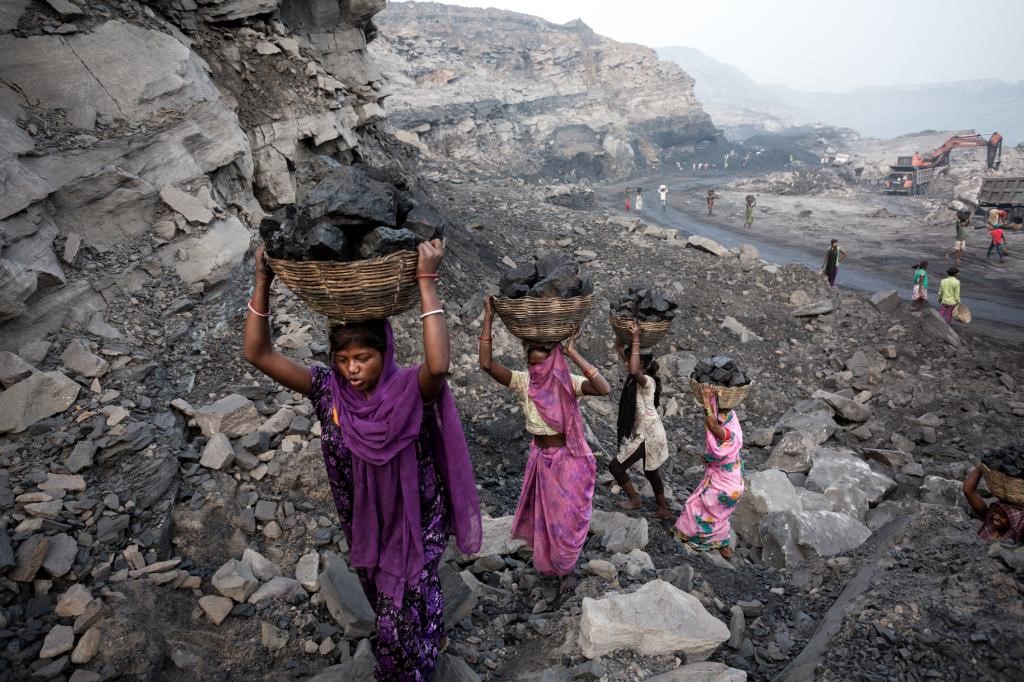Description

Disclaimer: Copyright infringement not intended.
Context
- The recent study, conducted jointly by Chalmers University of Technology and Central European University, titled "Compensating affected parties necessary for rapid coal phase-out but expensive if extended to major emitters," has been published in Nature Communications.
- This research delves into the economic ramifications of moving away from coal. Its publication in such a prestigious journal underlines the importance of its findings in both scientific realms and policy circles alike.
Global Compensation Trends
- Over half of coal phase-out plans include monetary compensation: Recognizing the economic challenges faced by communities reliant on coal, governments worldwide are incorporating compensation packages into their transition strategies.
- Global compensation plans total $200 billion, excluding China and India: This staggering figure underlines the financial commitment required for a smooth transition away from coal.
- If China and India adopt similar plans, costs could exceed $2 trillion: Highlighting the immense scale of the challenge, especially considering these nations' significant coal consumption.
Importance of Balance
- Balancing environmental benefits with economic impacts: While transitioning from coal is crucial for combating climate change, it's equally vital to mitigate the adverse effects on workers and communities.
- Smooth transition crucial for workers and communities: Ensuring job security and economic stability for those affected by the phase-out is paramount for social cohesion and sustainable development.
Need for International Collaboration
- Crucial for financing a just transition, especially in developing countries: International cooperation is essential to provide financial support to nations facing disproportionate economic burdens during their transition away from coal.
- Key to meeting Paris Agreement goals: Achieving the ambitious targets set by the Paris Agreement requires coordinated efforts and support from the global community.
Just Transition Strategies
- Essential for making coal phase-out politically feasible: By offering compensation packages, governments can garner support for their transition plans, overcoming resistance from vested interests.
- Around 23 countries have committed $209 billion for compensation: This demonstrates a global recognition of the need to address the economic repercussions of coal phase-out.
Cost vs. Climate Impact
- Compensation cost per tonne of avoided CO2 emissions ranges from $29 to $46: Comparatively lower than recent carbon prices in the European Union, indicating the cost-effectiveness of compensation strategies.
- More funding needed to reach Paris climate targets: Despite current efforts, additional financial resources are necessary to achieve the ambitious goals outlined in the Paris Agreement.
Challenges for China and India
- Estimated compensation for both nations exceeds their economic capacities: The projected costs for China and India underscore the financial strain of transitioning away from coal, necessitating international support.
- Exceeds their economic capacities: Meeting the compensation requirements for coal phase-out poses significant challenges for these nations, requiring innovative financing solutions.
Source of Funding
- Approximately half of compensation funds from international channels: International initiatives like the Just Energy Transition Partnerships play a crucial role in supporting coal phase-out efforts in various countries.
- Projected figures rival international climate finance pledged in Paris: The scale of funding required for compensation surpasses current levels of international development aid, necessitating enhanced commitment and innovative financing mechanisms.
|
PRACTICE QUESTION
Q. Examine the economic hurdles in transitioning away from coal and the importance of international cooperation, particularly for nations like India and China. Evaluate the potential compensation costs for these countries and explore avenues for funding.
|
SOURCE: DOWN TO EARTH















